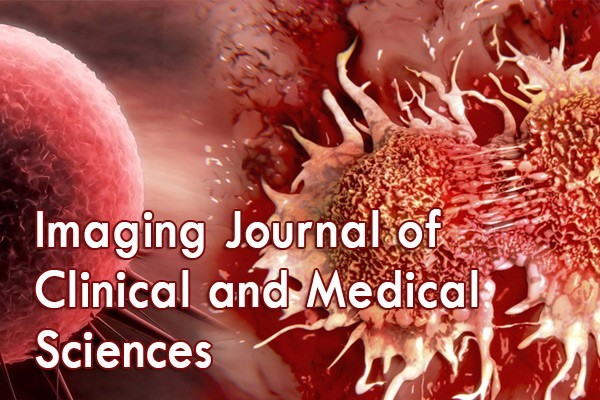Authors:
Noemi Esparza Martín*, Rita Guerra Rodríguez, Ernesto Fernández Tagarro, Santiago Suria González, César García Cantón
Servicio de Nefrología, Hospital Universitario Insular de Gran Canaria, Las Palmas, Canary Islands, Spain
Received: 24 July, 2017; Accepted: 22 September, 2017; Published: 23 September, 2017
Noemi Esparza Martín, Servicio de Nefrología, Hospital Universitario Insular de Gran Canaria, Las Palmas, Canary Islands, Spain, E-mail:
Martín NE, Rodríguez RG, Tagarro EF, González SS, Cantón CG (2017) Renal-limited lupus-like glomerulonephritis. Arch Renal Dis Manag 3(2): 048-048. DOI: 10.17352/2455-5495.000029
© 2017 Martín NE, et al. This is an open-access article distributed under the terms of the Creative Commons Attribution License, which permits unrestricted use, distribution, and reproduction in any medium, provided the original author and source are credited.
Lupus nephritis; renal limited lupus-like glomerulonephritis
Background
In the setting of an IgG-dominant immune complex-mediated glomerulonephritis, there are multiple pathological findings that strongly suggest the diagnosis of lupus nephritis (LN) including “full-house” immunofluorescence staining for IgG, IgM, IgA, C3 and C1, extraglomerular immune deposits, combined mesangial, subendothelial and subepithelial immune deposits and the presence of endothelial tubuloreticular inclusions (TRI). If at the time of biopsy or during the period of follow-up, the patient displayed no extrarenal manifestations or serological evidence of systemic lupus erythematosus (SLE) it is denominate renal-limited lupus-like glomerulonephritis (RLLN) and there are reports both adults and children. Purpose of the study: Clinical features review of in the peer-reviewed academic literature.
Results
Clinical features
RLLN patients were more often male and they presented with lower-range erythrocyturia, more proteinuria and less complement consumption in the classical pathway than LN patients.
Differential diagnosis
IgA nephropathy, post-infectious glomerulonephritis (GN), idiopathic membranous, C1q nephropathy, imunotactoid/fibrillary GN and membranoproliferative GN. With respect to other diagnoses the most important element is not to miss an underlying infectious or neoplastic condition that may require specific therapy.
Some requests to realizing in a patient with RLLN: Exclusion of LES:
Antinuclear antibody (ANA), Anti-deoxyribonucleic acid (anti-DNA), Anti-Smith (anti-Sm), Antiphospholipid antibodies, Anti-double-stranded DNA (anti-dsDNA) antibody, Anti-beta 2-glycoprotein I, Complement levels, Direct Coombs test, Anti-Sjögren’s-syndrome-related antigen A (SSA), Anti-Sjögren’s-syndrome-related antigen B (SSB), Anti-U1 ribonucleoprotein (RNP) antibodies.
Other diagnoses
Serum antibodies for hepatitis B and C or VIH, serum IgM antibodies for parvovirus B19, serum PCR parvovirus B19 or parvovirus B19 DNA on renal biopsy, serum serologies for other infections, serum neoplastic markers, radiological studies, Serum level of PLA2R (M-type phospholipase A2 receptor) autoantibody or PLA2R autoantibody in glomerular deposits, anti-neutrophil cytoplasmic antibody.
The clinical course and outcome of RLLN appears to be as bad, and possibly worse, than similar patterns of GN seen in patients who meet criteria for SLE.
Recurrences in kidney graft: No.
Immunosuppressive treatment response
No treatment response may be the only indicator that a diagnosis other than LN may be at play.
Conclusions
RLLN is often a “full-house” staining combined with mesangial, subendothelial and subepithelial electron-dense deposits without immunosuppressive treatment response and with a wide differential diagnosis








